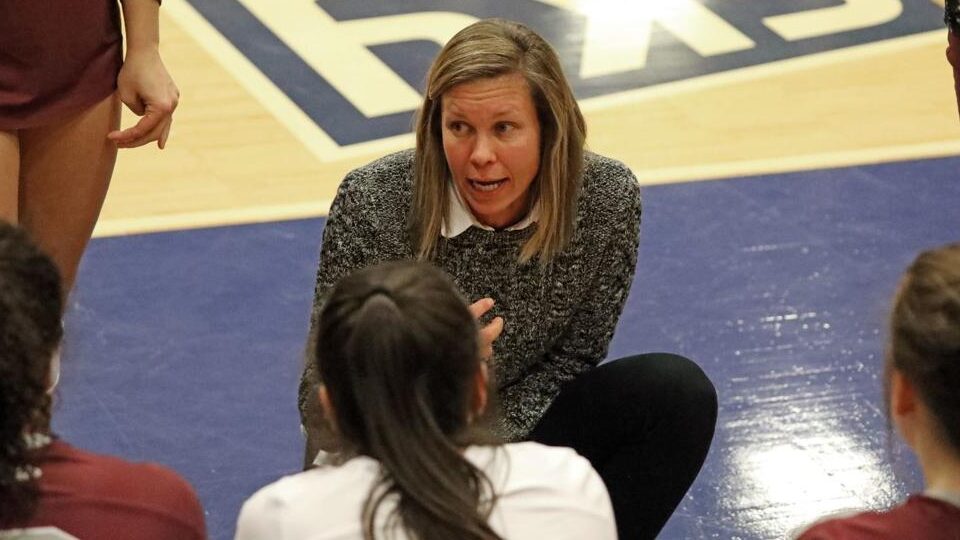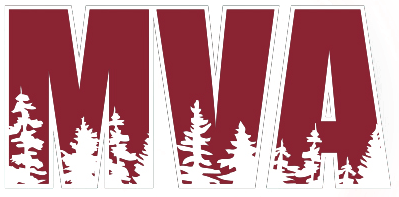RECRUITING 101

Head Coach of the University of Montana Grizzlies Volleyball program, Allison Lawrence, shares some in-depth knowledge and advice of navigating volleyball’s college recruiting scene.
The recruiting process can be a daunting one. There are so many rules, so many options, so many opinions and so many paths. It is easy to find yourself in ‘paralysis by analysis’ mode before you even begin. For that reason I’d like to offer the following simplified road map to get you going down the road to your future:
- Grab some paper and (alone, at least at first) write down some things you think you are looking for in a college experience: academic interests, location, distance from home, community support, program strengths, coaching staff, etc.
- Ask people close to you if they have any feedback on other things you may want to consider
- Start researching schools and programs who fit most of what you want from question 1. Aim to create a list of 10-20 schools (not 100!); you can always expand your list later.
- Email the head coach of the volleyball program at those schools and cc all assistant coaches. Use the head coaches name and be sure to include the following in your email:
- what you like about the university and volleyball program
- any academic areas of interest
- height, jump touch, position, club/high school name and club/high school coach’s email address
- any recent video; don’t stress over the editing being fancy or not, just send what you’ve got!
- Club or high school schedule; let them know how they can watch you!
- As you hear back from coaches, either expand or narrow your list of schools based on the feedback and level of interest you receive.
- Here’s where you have to be patient, be open to all possibilities, and be brave when confronting your own expectations. Your top choices might not have a roster spot for you. Keep being open, keep communicating, and keep being curious about yourself and options as they open up.
- Continue this process until you have a small list of programs and schools that you would like to visit and have more serious conversations with! Ask hard questions of the coaches, connect with the athletes on their rosters and ask them questions too. Take ownership of your process by doing the work yourself and not relying on your parents or coaches to speak for you.

Do’s & Don’ts
DO write a personal email from YOU. Coaches will most likely delete an email sent by a recruiting service, a coach or a family member. We can also tell when they write the email for you. I work MUCH harder to see the athletes who write me a personal email than I do to see athletes who send me a mass email.
DO keep coaches up to date on your latest video and match schedules. You’re not bugging us by sending multiple emails! Keep in touch and let us know how you’re doing – we love learning about you!
DON’T only focus on schools/programs who offer scholarships. There are life changing opportunities in DI, DII, DIII, NAIA, and JUCO programs. Every single path will lead you through doubt, struggle, failure, breakthrough and joy. The opportunity to be a teammate is what makes this experience meaningful, NOT the scholarship. There are other ways to earn aid and coaches at all levels will help you in any way they can.
DON’T compare your experience, timeline or opportunities to anyone else’s. No one else matters in this process but you. Relax, there are plenty of programs who are still recruiting seniors – take the time it takes to make the right choice without feeling like you have to take the first ‘offer’ that comes your way. Ask coaches for time – see everything you can see, do your research and honor all the work you’ve done to be in this positon.
DO enjoy the process. This process of self-exploration, patience and curiosity will serve you well as a collegiate athlete.
Every collegiate coach looks for the right ‘fit’ for their program, and we all define that ‘fit’ in unique ways. What I want to express here is that I think what college coaches most unanimously look for are young people who are coachable and who are internally motivated. In order to be coachable you must be self-aware, you must exercise humility, you must ask questions and you must put the team first. To be coachable you must be curious about not only your game but the sport of volleyball – you are the athlete who loves film sessions, who loves open gyms in the off season, who loves strength training and mental training and the grind that is getting better. The internally motivated athlete doesn’t need to be asked to do the above, instead they run at those details. The internally motivated athlete has a MOTOR: she is relentless, she has a gear that others don’t and she can sustain that gear when it’s hard and when no one is watching.
When we take notes at your matches we are watching how high over the net you contact the ball, we are watching your explosiveness in a variety of postures on offense and defense. We are watching to see if you have a good serve. We are noting as to whether your athleticism will push our gym and make it better. Those are things you probably would guess or already know. But what isn’t realized deeply enough is that we are also watching your body language after an error, if you fill your own water bottle up, if you make eye contact with your coaches and teammates when you’re winning AND when you’re losing, if you lead from the bench AND the court, if you scream at the refs or your parents, if your parents scream at the team or the ref, and if you can maintain joy and competitiveness when it’s hard.
Being a collegiate athlete will challenge you in ways you cannot yet imagine – it will open you up to parts of yourself you never knew existed. It is an incredible journey. I wish you so much more than luck.
